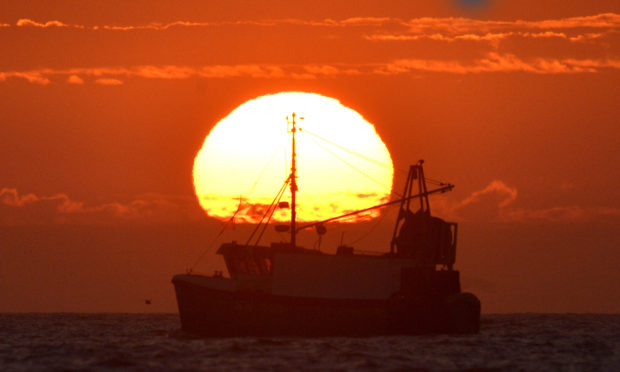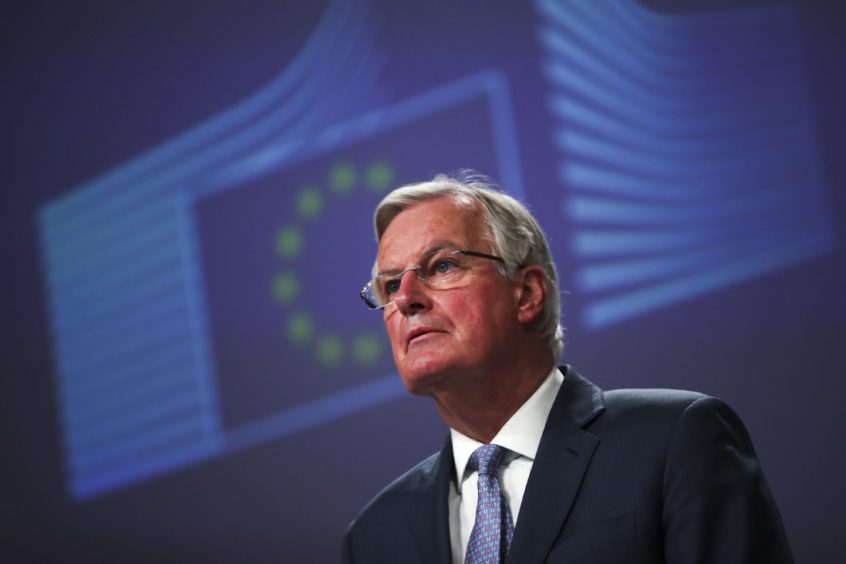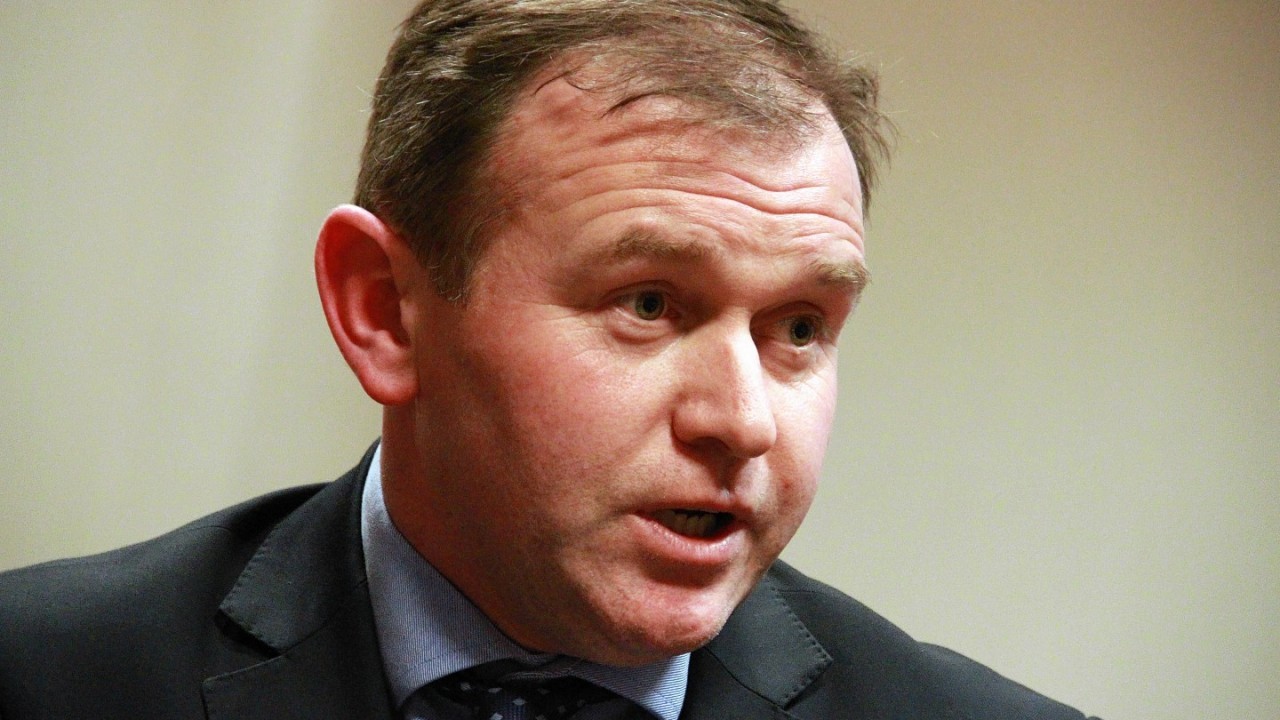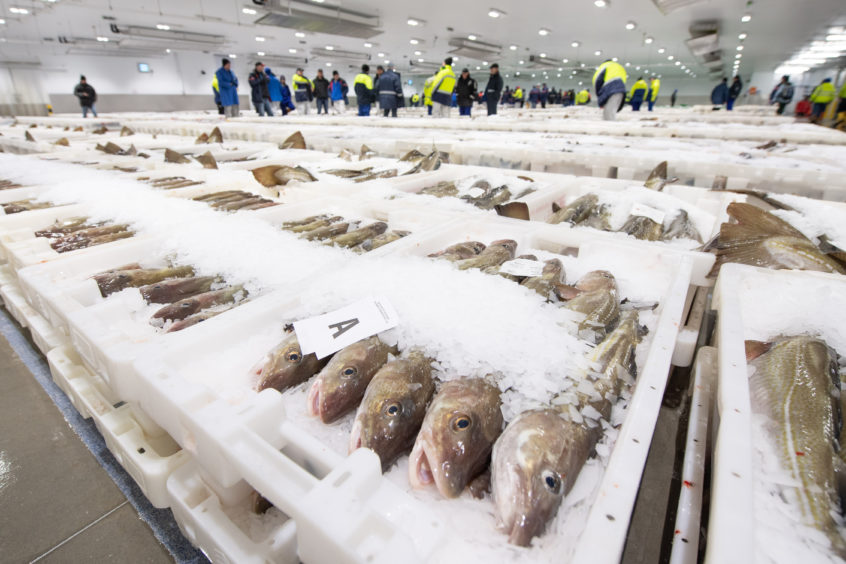European Union negotiators are hardening their demands for “status quo” access to UK fishing grounds after Brexit.
At the end of a “tough” four days of talks in Brussels, UK negotiators have conceded “significant differences” remain on the issue of fisheries.
The EU’s chief negotiator Michel Barnier, speaking at a press conference this afternoon, rejected UK proposals for annual negotiations on quotas, saying EU fishermen needed “predictability”, and made clear that agreement on the issue had to be part of any wider deal.
“A balanced solution on fisheries should be part of the trade agreement – if we want a trade agreement,” he said.
He warned that failure to get a deal by the end of the year would have “lots of consequences” – unless there was an extension to the transition period – with both sides required to introduce customs checks.
“That has a lot of consequences that we have to prepare for. It will not be business as usual. It will be very, very different,” he said.
“The definitive changes which will happen because of the decision of the United Kingdom and the difficulties which will be linked to that, my impression is they are very often underestimated.”
A UK Government source said “there will have to be a change in the EU’s position” on fisheries if a deal is to be reached.
The comments come after Environment Secretary George Eustice told peers that the EU would eventually fold on fisheries under pressure from member states who export to the UK.
A UK Government spokesman said: “We are pleased with the constructive tone from both sides that has characterised these talks.
“This round was a chance for both sides to set out their positions and views. Following detailed discussions, we now have a good idea where both parties are coming from.
He added: “These are going to be tough negotiations – this is just the first round. In some areas there seems to be a degree of common understanding of how to take the talks forward.
“In other areas, such as fishing, governance, criminal justice and the so-called ‘level playing field’ issues there are, as expected, significant differences. The UK team made clear that, on 1 January 2021, we would regain our legal and economic independence – and that the future relationship must reflect that fact.
“We look forward to continuing these talks in the same constructive spirit when the parties meet again in London on 18 March.”
Analysis: Storm ahead for Brexit talks
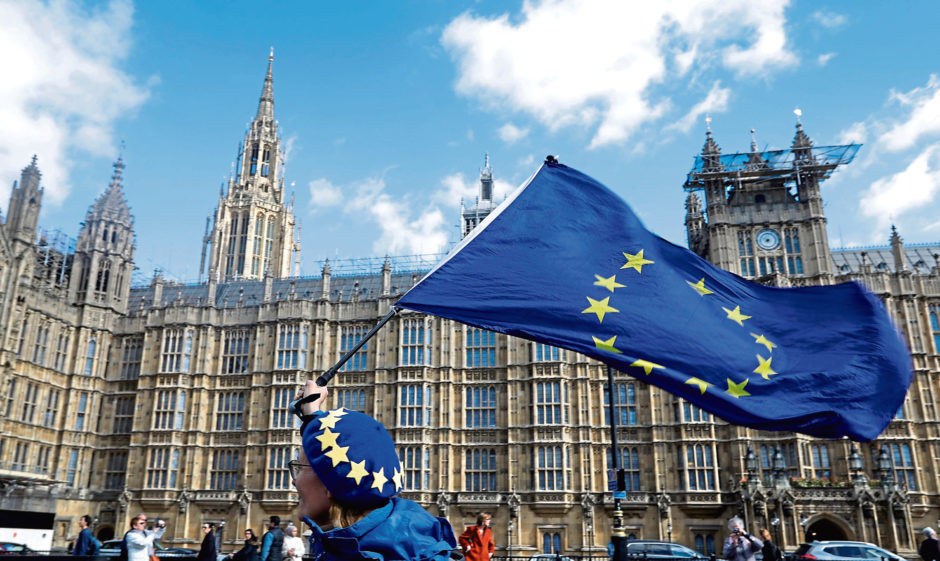
Britain becoming an independent coastal state was one of the central pillars of the 2016 referendum campaign.
The promise to “take back control” of our waters was effective as it was both romantic — the idea of us Brits becoming a buccaneering seafaring nation once more chimed and on the face of it at least, was easy to explain.
Exiting the European Union would see struggling coastal communities and hard-pressed fishermen getting extra investment and earning more cash as fishing quotas were renegotiated, or so it was promised.
Four years on from that vote and the UK is now embarked on fisheries negotiations with Brussels.
This undertaking, as has already become apparent, has more minefields than Boris’ bridge over the munitions dump in the Irish Sea.
The EU and UK are diametrically opposed in their objectives, Brussels have made clear that they want the same access to British waters and the same quota shares and have warned a wider trade deal will not be possible without agreement on this. London have been clear in saying they want a Norway-like relationship, with annual negotiations on fisheries access.
It is hard to see how those positions will change over the course of this year’s talks. Some in the UK Government are relaxed about this issue as they say regardless of what happens, the UK will legally be an independent coastal state and will have control over its territorial waters by the end of the year.
That may be so, but is the UK seriously willing to see trade talks collapse for the fishing sector, which after all makes up only 0.1% of the economy? Time will tell.
